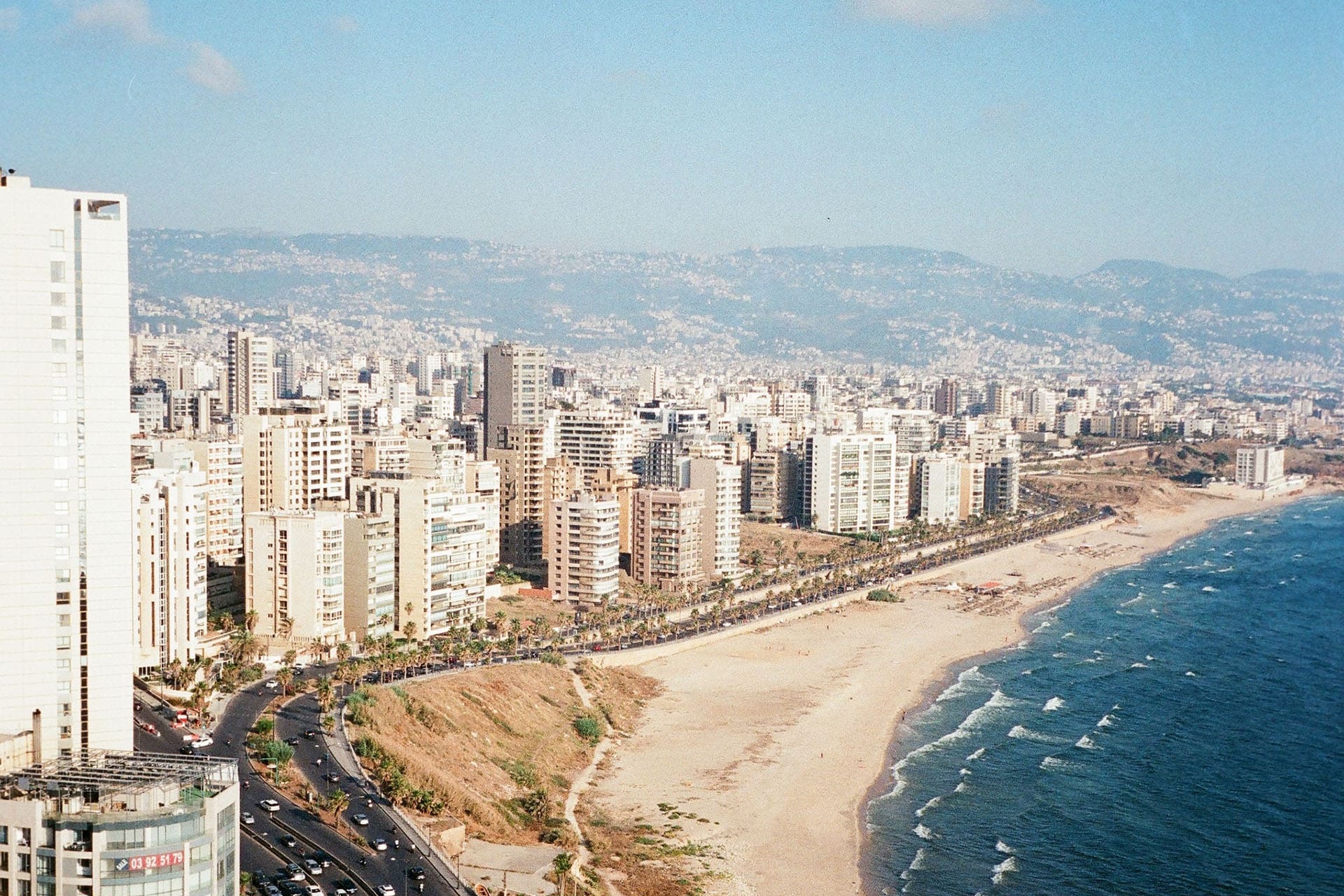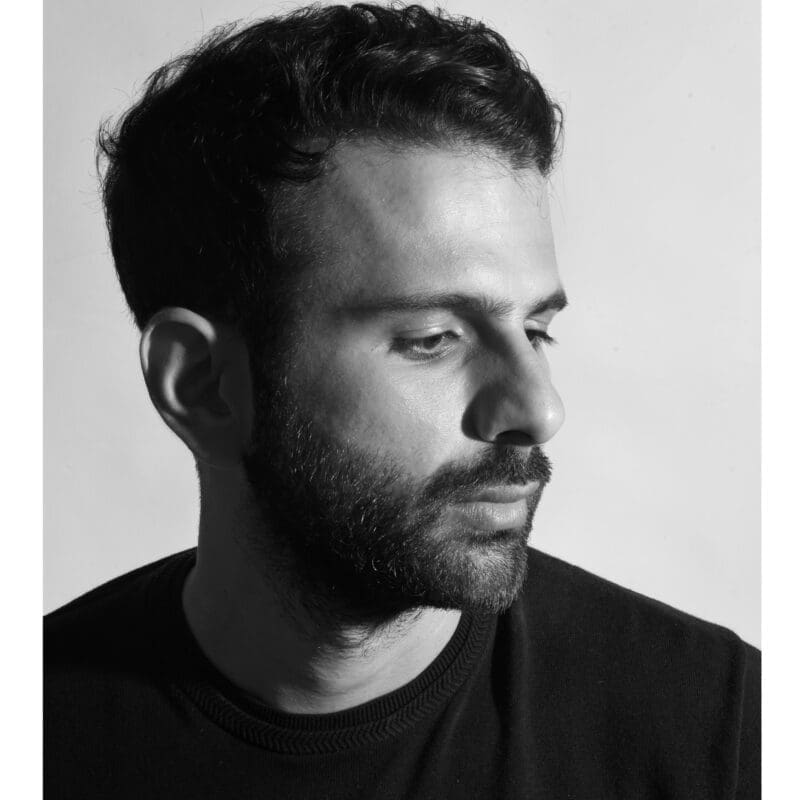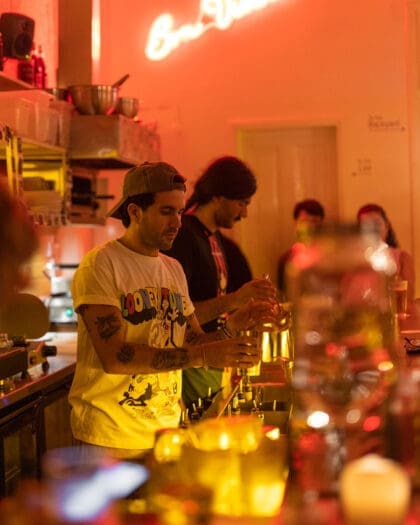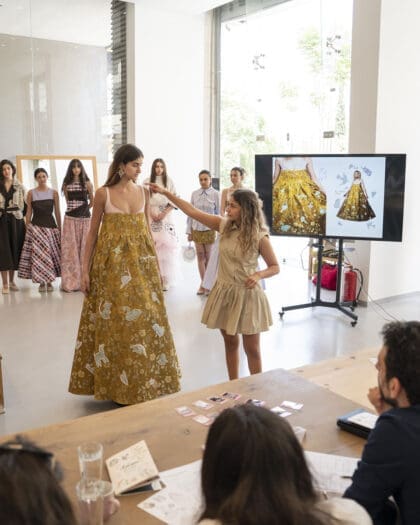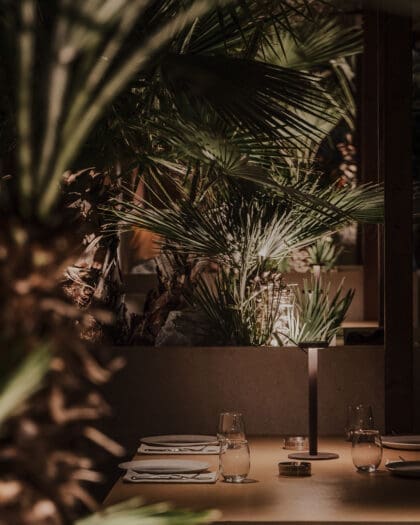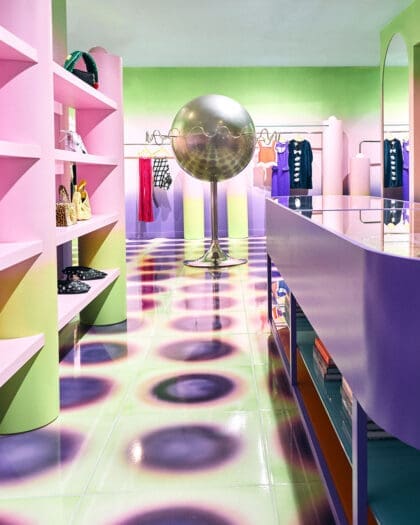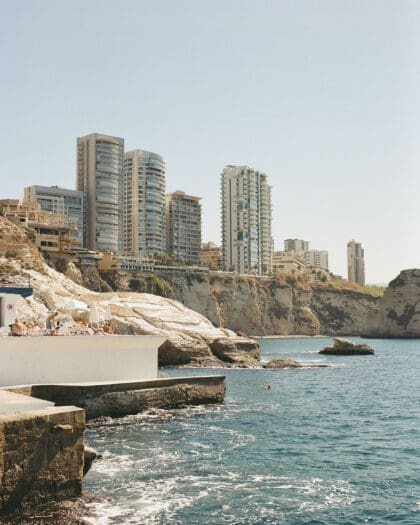
My City: Beirut
Beirut’s complex identity reveals a charismatic city of vitality, decadence and cultural revival. A native writer recalls the rhythm and contradictions that define the Lebanese capital
It’s hard not to fall in love with Beirut. Spend a week in the haze of the city and its exoticism, hedonism and unassailable spirit will leave an indelible mark. This multireligious, multicultural Mediterranean city is as cosmopolitan as it is historic, and the artistic heart of the Arab world.
Beirut is a city of sharp contrasts, where wealth and luxury exist alongside pockets of destitution. These disparities have only deepened since the economic collapse of 2019 and the devastating war of 2024. Baroque mansions stand alongside gleaming skyscrapers and and modernist buildings, while narrow, graffiti-strewn laneways wind past broad boulevards, threading between urban jungle and mountains.
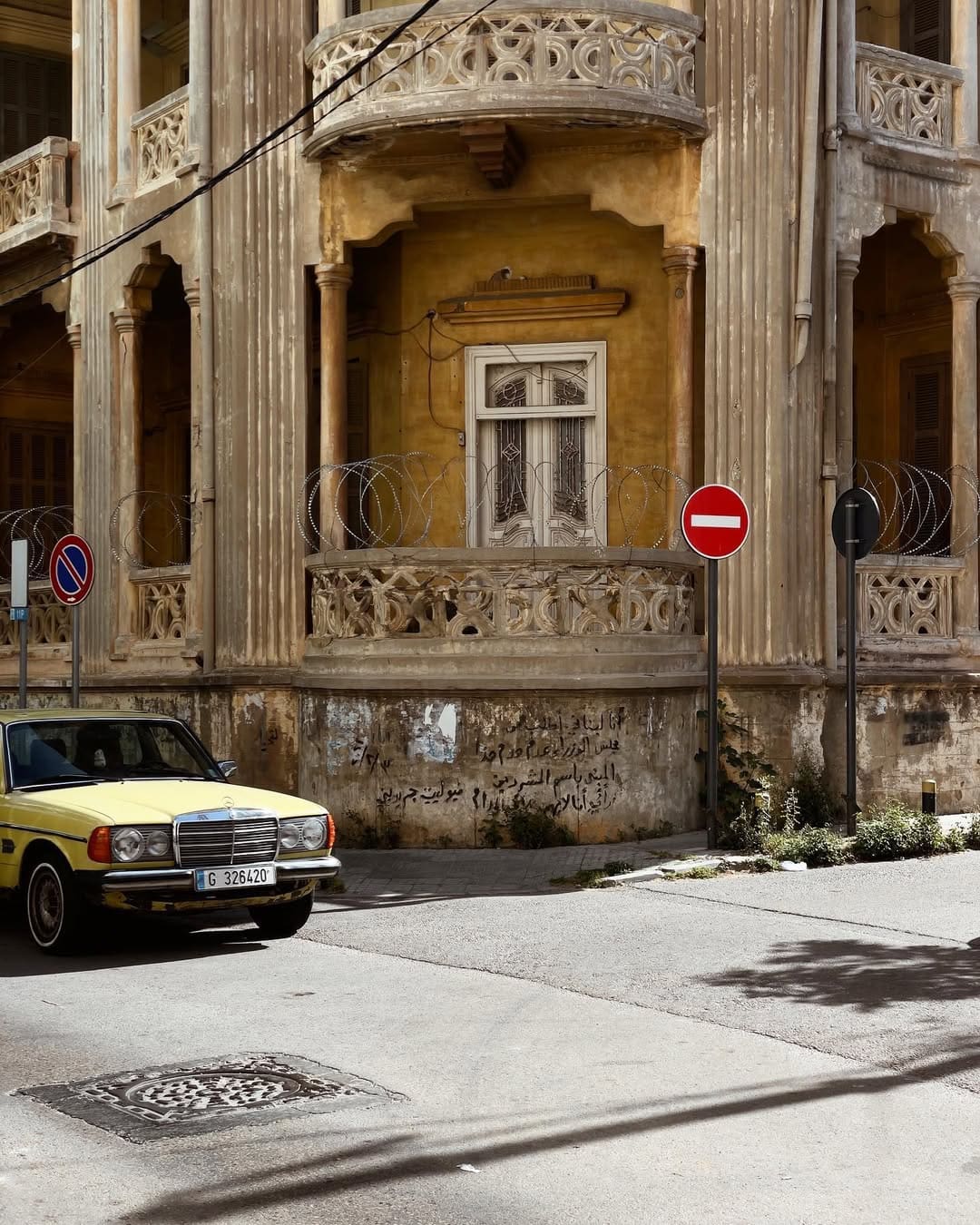
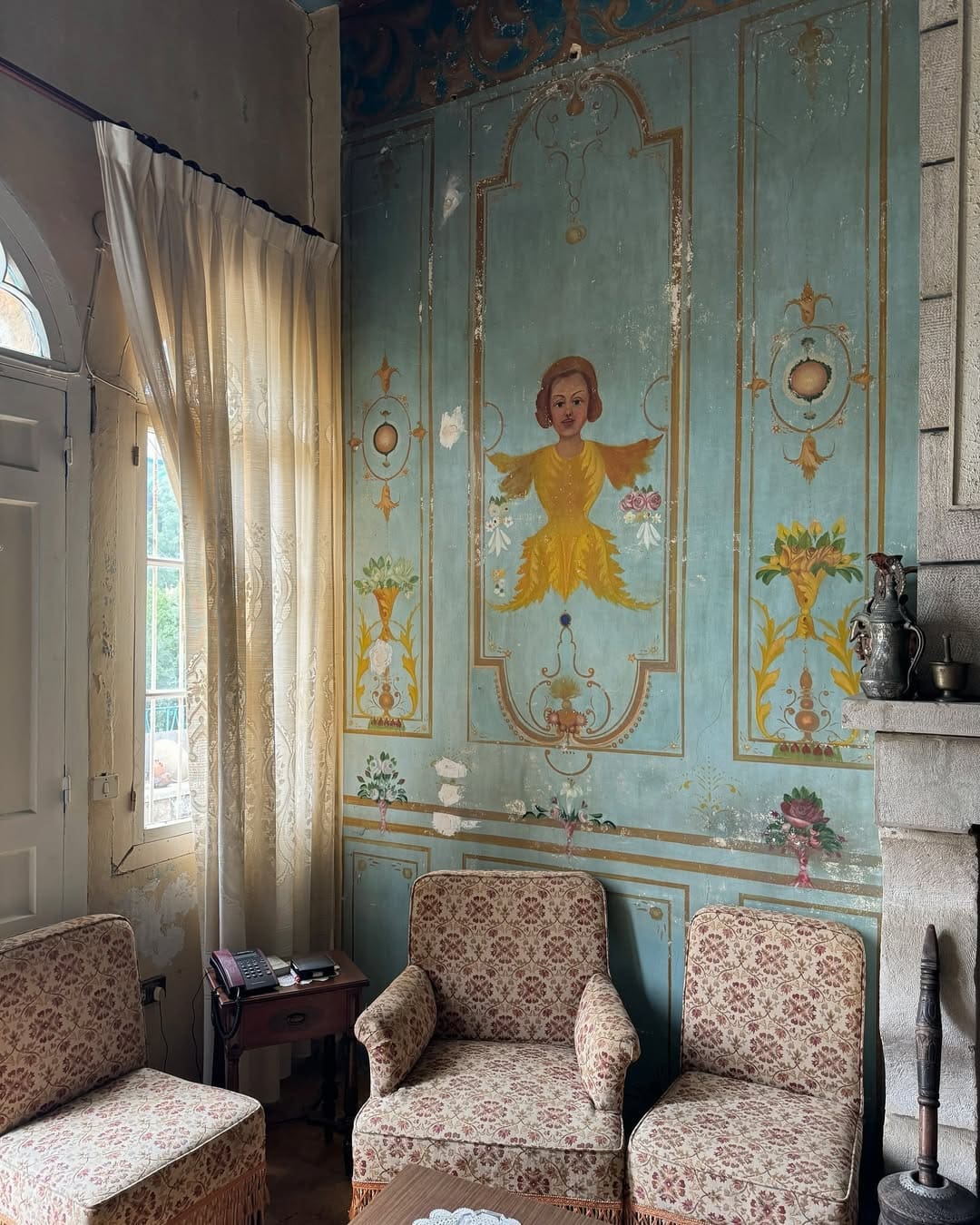
Shaped by cycles of loss and renewal, the Lebanese are often described as resilient bon vivants; hedonists determined to savour every possible moment of joy and pleasure. Those same cycles are what make me so attached to Lebanon, and so proud of its endurance and irrepressible vitality.
When friends ask for an itinerary, I hesitate. Not for lack of choice, but because Beirut is less planned than lived. When I am away, I long for the charm I find nowhere else: the humble people who feed stray cats despite personal hardship; restaurants that remain generous regardless of crisis; cedar trees and flowers that bloom through the seasons. I even miss its distinct scent – a heady mix of jasmine and orange blossom undercut by the acrid aroma of tar from electricity generators.
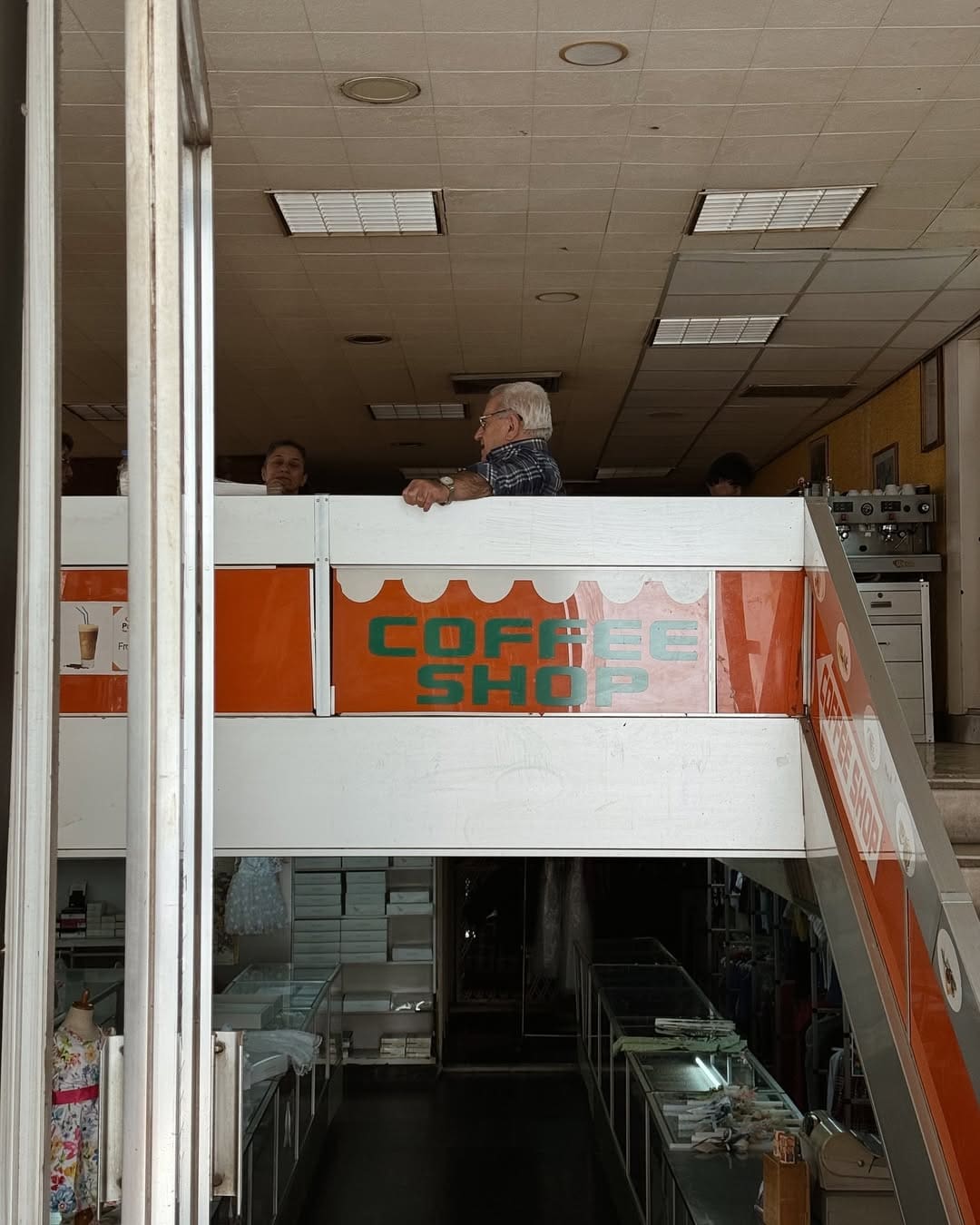
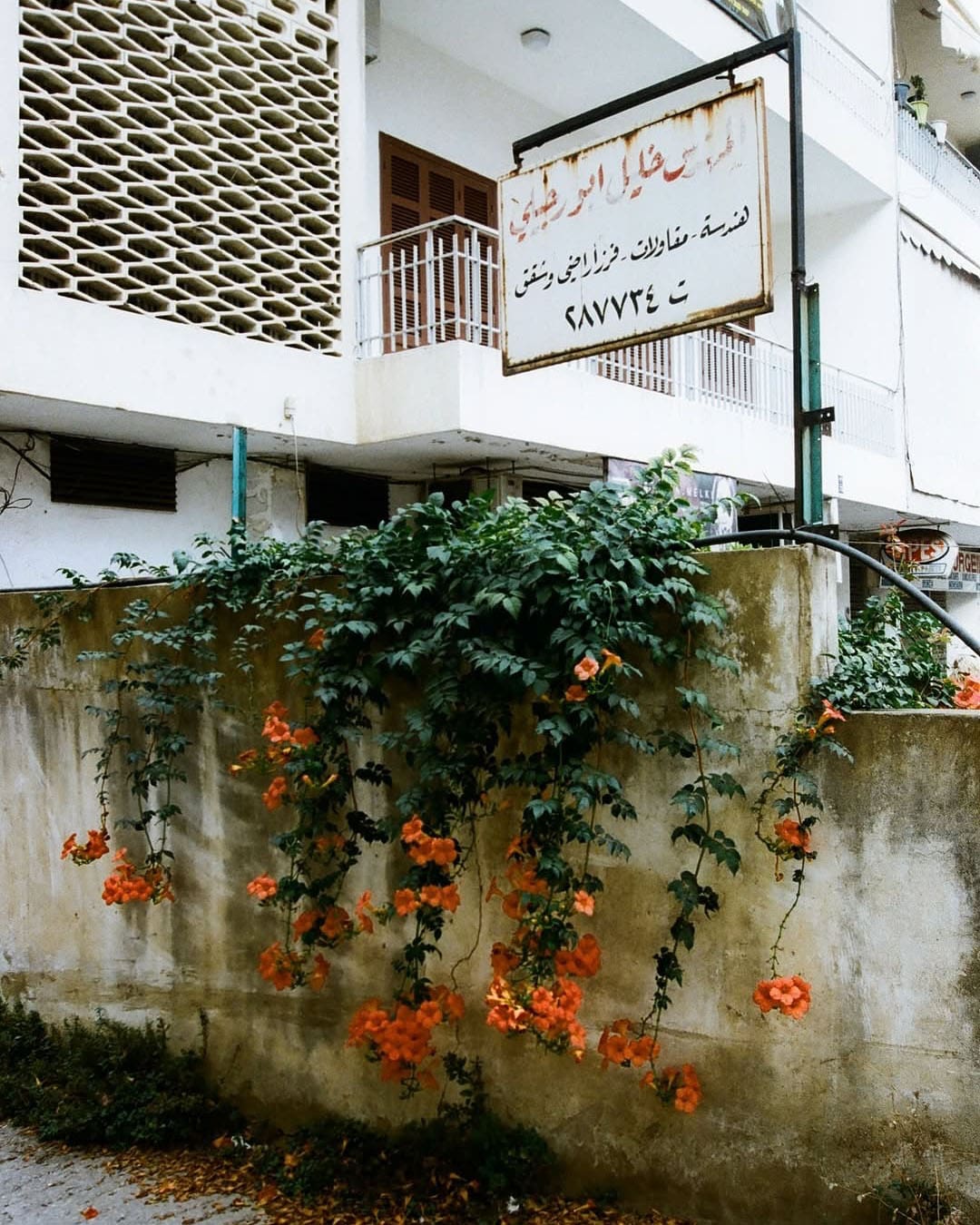
People are benevolent, almost tender; they will treat you as their own
One of the things I miss most about Beirut is its hospitality: the eclectic restaurants, where gregarious hosts order another round of mezze for the table as more guests gather. Hidden bars have no closing time, serving cocktails infused with local citrus fruits. There is an obsession with detail and a hunger for excellence, born of the wish to be seen. For a country so small to leave such a mark, ambition must run hot, and that’s palpable: in the design scene reviving ancient craft with clean precision, in nightlife that moves seamlessly from Arabic tunes to coveted international DJs, and through a pioneering dining culture that perpetually reinvents itself.
I personally like to stay in quieter quarters of the city such as Ashrafieh and Abdulwahab, where you’ll find stone guesthouses and leafy cafes, from where you can watch the quiet thrum of daily life. I take day trips to villages like Douma and Smar Jbeil, then end the night at dinner in Monot or Gemmayze. The city is small, intimate, tangible, and it guides you where you need to be.
Beirut is tumultuous even to its own. Yet the city remains walkable and disarmingly safe. Its people are benevolent, almost tender; they will treat you as their own, and the city will hold you the same way. That is Beirut’s most persistent magic: a belonging that once felt, hooks you. It is hard not to fall in love with Beirut.
